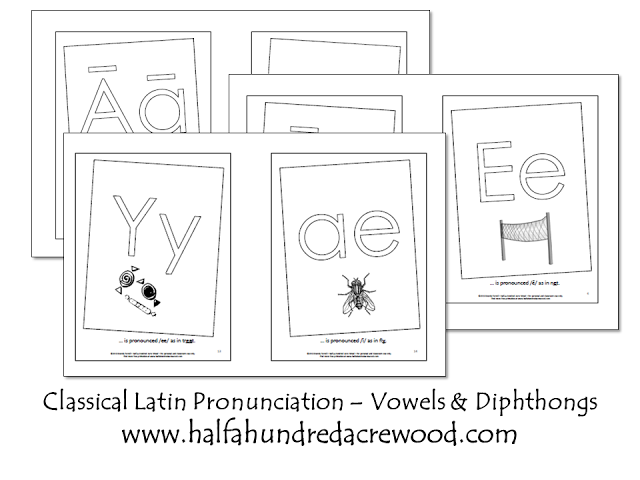

IUVENES POST MURUM SE CELAVERUNT MELIUS AUDIENDI CAUSA.Īnswer: The young men hid behind the wall so they could listen better ('for the sake of hearing better').ĥ.

PATER MIHI OCCASIONEM BENIGNE DEDIT AD GRAECIAM EUNDI.Īnswer: My father has kindly given me the opportunity of going to Greece.Ĥ. E PERICULO EFFUGERE CONAMUR IN URBE MANENDO.Īnswer: We are trying to escape the danger by staying in the city.Īnswer: Mother has gone home to have a sleep ('for the purpose of sleeping').ģ. Highlight the 'Answer' line to see if you got the meaning right.ġ. Here are just a couple of each type to give you a chance to try recognising which is which. direct object): Infinitive used againĭative: well, OK, they do exist in the Dative, but you are highly unlikely to meet one, and I'm not going to bother with them here….! Vocative: You are unlikely to say 'Hi' to a Gerund Nominative: They used the Infinitive instead as mentioned above In fact, Romans did often convey the idea of Purpose using gerunds like this rather than Ut or Ne with the Subjunctive. You may notice that these last two uses have almost the same meaning as a PURPOSE CLAUSE. "I climbed the wall FOR THE SAKE OF SEEING more clearly" It has the (very similar) meaning "FOR THE SAKE OF…."Į.g. In the GENITIVE case again, with the uncommon Preposition "CAUSA" - which is strange not only that it takes the Genitive, but because it also is written AFTER its noun (or in this case, Gerund). "They hired a boat FOR THE PURPOSE OF SAILING to the island"Ĥ. In the ACCUSATIVE case, after the Preposition "AD" - here with the specialised meaning " FOR THE PURPOSE OF…."Į.g. "He escaped from the dog BY RUNNING very fast"ģ. In the ABLATIVE case (this is the only time an Infinitive can't be substituted with the same meaning)Į.g. You will be most likely to meet Gerunds used in one of FOUR ways:Į.g. In fact, it would have been grammatically incorrect to use a Gerund in Latin in sentences like these. " LEARNING a foreign language can be very useful"

This is because for a lot of the time, they preferred actually to use an Infinitive, rather than the Gerund, because the meaning was the same this especially happened when the verbal idea was the actual Subject or Object in the sentence: Neither 'SUM' nor its compounds have Gerunds. There is only one verb which has an IRREGULAR Gerund: The Present Stem is used with an ending (see chart below) which, being a noun, declines (equally simply) like the 2 nd neuter noun BELLUM (not all cases are needed, as you will see below). "I noticed my friend TO TRY not to laugh…….?" It's a participle!įor once, the formation of a Gerund is quite simple. "I noticed my friend TRYING not to laugh" Try it with this one and you'll see the difference: "I'd like the chance TO MEET Emma Watson" IF IT STILL MAKES SENSE, IT WAS A GERUND: REPLACE THE "-ING" VERB WITH AN INFINITIVE ('To …….'). If you want to be sure which one you have, try the following method: The difference is that with a Participle, the word is used as an adjective, rather than a noun. You may notice, of course, that exactly the same ending is used for Present Participles in English. "My favourite hobby is COLLECTING Mars-bar wrappers" "I'd like the chance of MEETING Emma Watson" One trick that never fails (he claims) is to put up your hand and ask, earnestly: "What is a Gerund, Sir?" This, he says, will cause the master (who has no idea) to stutter, clutch the desk and flip his way surreptitiously underneath it through the pages of Kennedy's Shortbread Eating Primer until he finds the relevant bit, giving the class at least a couple of minutes off….įortunately for you, VDB has already done the necessary research, so you need have no fears about the advice you are about to get (although you should definitely still look at the cartoon strip in the above-mentioned book - entitled 'The Private Life of the Gerund' - to get the complete picture).Ī Gerund is actually a Noun formed from a Verb - having the meaning of the basic idea of that verb it ends in the letters "-ING" and can often take an Object:Į.g. When he gets to Latin, he has to admit however that the only way really is to WORK ( 'chiz chiz…') so instead he outlines a few ways to distract the teacher and thereby get the odd brief moment of respite. It is almost impossible to start any survey of the uses of Gerunds & Gerundives without referring to the immortal Molesworth books (if you haven't read them, find them immediately!) The one entitled 'How To Be Topp' (sic) explains various ruses and schemes to cheat your way to success in different school subjects (from the point of view of Nigel Molesworth, the world's laziest Prep School boy).


 0 kommentar(er)
0 kommentar(er)
